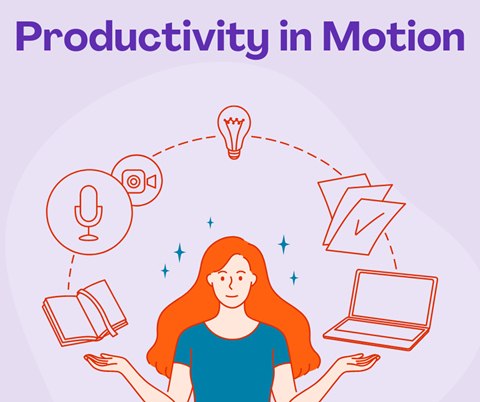
Your mindset plays a critical role in how you manage your time. In his book "Thinking, Fast and Slow," Nobel laureate Daniel Kahneman describes two types of thinking: System 1 and System 2 thinking. System 1 thinking is fast, automatic, and intuitive, while System 2 thinking is slow, effortful, and deliberate. Most of our decision-making happens in System 1 thinking, which can lead to cognitive biases and errors. As a project manager, you need to develop a System 2 mindset that enables you to slow down and think more deliberately. This will help you make better decisions, avoid mistakes, and manage your time more effectively.
Developing a System 2 mindset requires self-awareness and mindfulness. You need to be aware of your biases, assumptions, and mental models that influence your thinking. You also need to be mindful of your emotions, stress levels, and energy levels that affect your ability to focus and make decisions. By developing a System 2 mindset, you can become more strategic, proactive, and resilient in managing your time.
The Role of Habits in Time Management
Your habits are the actions and behaviors that you perform on a daily basis without conscious thought. Habits are powerful because they shape your identity, beliefs, and actions. If you have good habits, you are more likely to be successful in managing your time. If you have bad habits, you are more likely to waste time and make mistakes.
To improve your time management habits, you need to focus on two aspects: making it easier to do the right thing and harder to do the wrong thing. This means designing your environment, tools, and routines in a way that supports your goals and minimizes distractions and obstacles. For example, if you want to be more productive, you can set up a dedicated workspace that is free from distractions, use productivity tools that help you stay focused, and establish a morning routine that sets the tone for the day.
Another way to improve your time management habits is to adopt a growth mindset. A growth mindset is the belief that your abilities and intelligence can be developed through hard work, dedication, and persistence. This mindset encourages you to embrace challenges, learn from failures, and seek feedback. By adopting a growth mindset, you can develop new skills and habits that improve your time management.
Effective time management is critical for project managers who want to achieve their goals and lead their teams to success. Mindset and habits are two important factors that can help project managers manage their time more effectively. By developing a System 2 mindset, project managers can make better decisions, avoid mistakes, and manage their time more strategically. By adopting good time management habits, project managers can make it easier to do the right thing and harder to do the wrong thing, and adopt a growth mindset to continuously improve. By focusing on these two aspects, project managers can become more productive, efficient, and successful in managing their time.



